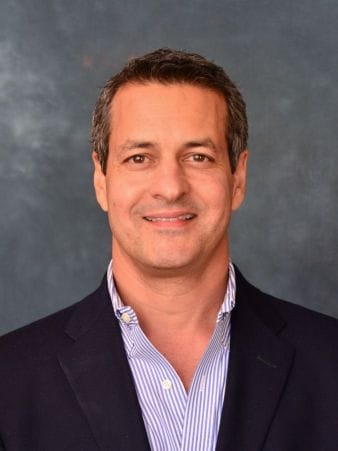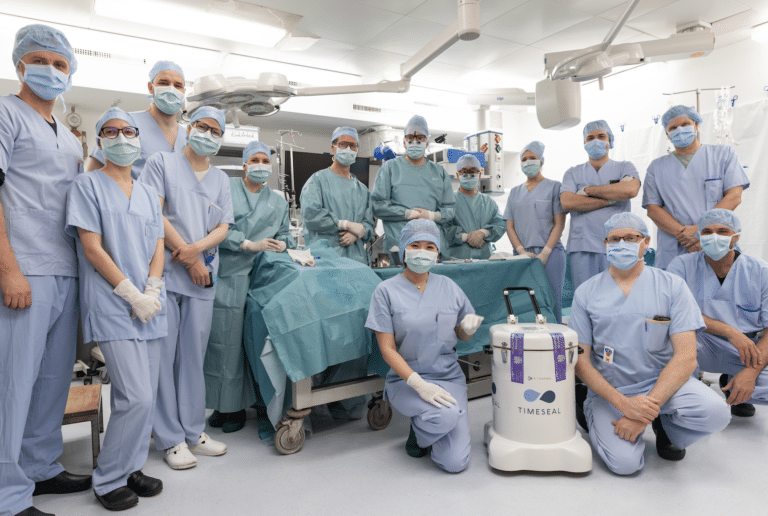I have spent my life thinking about time. How to pause it. How to create more of it. How to extend it, so that people might have longer, healthier, happier lives.
It is the primary question I have pursued throughout my scientific career. It’s at the heart of the work I’ve done at the Lawrence Berkeley National Laboratory, and it is the reason I started X-Therma, a company developing a novel technology to increase the amount of time a cell or organ can be kept alive by using below-freezing temperatures: I want to give people more time.
X-Therma’s technology is a chemically derived solution that mimics naturally occurring processes in plants and animals across the natural world, allowing cells and organs to survive at below-freezing temperatures. Our technology enables cells and organs to be frozen longer, preserving them for transplant, cell and gene therapies, and research. We’re creating time. The current modes of preservation come with a host of issues, chief among them is that they offer very short windows of time before cells and organs become unusable.
Our technology not only emulates nature, it improves upon it — and tests conducted in our labs and by research partners around the world show incredible promise to hold organs at subzero temperature without ice.






